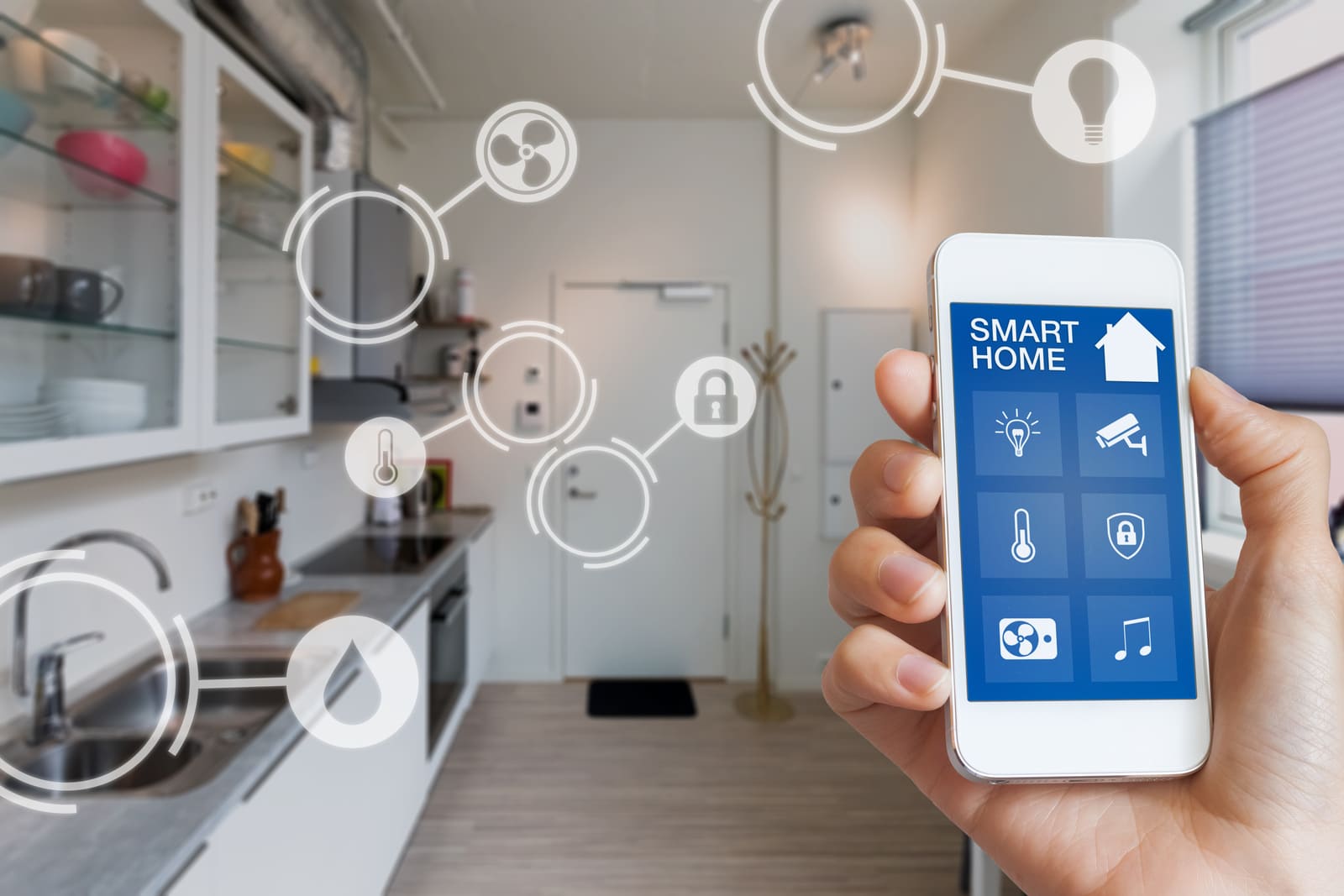Real estate innovation: 5 trends to consider in 2021
This is real estate innovation that has altered the way businesses run nowadays. People can spot this breakthrough via two main directions: the development of new startups and researches made by universities and other scientific institutions that use technology and discover its impact on the modern world. Real estate is studied in many colleges where students work on the launch of new digital platforms, construction materials, architectural enhancements, etc. However, the number of startups launched in this sphere is quite impressive too. Many of them have focused on the introduction of technology into selling and renting residential and commercial real estate.
So what are the main aspects real estate innovation centers on?
- Making property purchases streamlined;
- Constructing homes in a faster and more automated way;
- Providing data with insights on both residential and commercial real estate.
These goals have become the basics for 5 trends in real estate innovation too, so let’s have a closer look at them.
Simplifying and speeding up the property buying process

It has always been a lengthy and painstaking process with lots of paperwork to complete a real estate deal. Earlier it was a must to meet clients each time when some documents were signed and it caused lots of problems.
However, such startups as DocuSign and Dotloop have taken this activity to the next level. All the transactions can be processed online now since documents can be e-signed too. Another startup called Qualia has even gathered all participants of the process in one place and allows following every stage of each transaction as well as interacting with clients too.
There are also companies that may notarize documents remotely and one of them is even called in this way too. Today, it is possible to notarize documents through a web camera, so even people’s presence isn’t a must nowadays.
Some startups have made a focus on blockchain technology and the possibilities it offers. One of the creations operating on this basis is Propy. This project benefits from the ETH blockchain allowing making transactions for real estate via smart contracts.
Enhancing virtual tours

Showings used to take 90% of real estate agents’ time, but now this process seems to be as easy as ABC. A faster Internet speed has made it possible not only to browse a variety of photos in a matter of seconds but also visit them virtually without a necessity to go anywhere. Though virtual tours aren’t a novelty in the real estate industry, they acquire new features.
The number of tools to shoot these tours is growing incessantly, so now there is no need to hire professionals to create one. These tours also become more high-quality and allow zooming in and out as well as become 3D ones to provide a more immersive experience.
Some brokers who deal with luxury real estate offer users walk-through tours that make it possible to move around the property for sale at your own speed and using your own route.
There are also companies that offer to select a home decor style that appeals the most and apply it to the photos of the empty estate to get a better understanding of how it will look like when staged. In some cases, users can even select furniture pieces and see them inside this property.
Making home construction more time and energy-efficient

When it comes to the startups that deal with home construction, it is worth mentioning Katerra. This company has focused on modular construction when home parts are pre-manufactured and delivered to the construction site to be installed only. It’s not only more waste-friendly but also prevents delays caused by weather.
There are companies that have created sustainable factories for home manufacturing. It allows saving up to 25% on construction and developing more personalized projects to meet customers’ expectations.
Using the abundance of information existing nowadays for more advancements

Nowadays people are exposed to lots of important data, and it makes it possible to use it for new innovations. Both property owners and potential buyers can learn about how estate performs on different levels. Everyone can easily get this information, analyze it and make necessary conclusions out of it. There are even startups that help make property managers make decisions on the basis of data received. It is one of the ways to speed up property appraisals too.
Have you also thought that buildings can also collect data and use it for their benefit? Smart homes can count the number of people who are inside and identify their exact location. Even the weather outside the house may become an incentive for such homes to maximize the comfort of people living in it.
Lots of such accurate data can be used by constructors, designers, architects who can get excellent measurements and learn more details about the property. It allows visualizing homes that have not been built yet, saving time and money on construction, and minimizing errors.
Shaping the future of the real estate innovation

The future of real estate innovation is undoubtedly smart home technology. There are lots of companies developing this direction and new homes are being equipped not only with traditional doorbells and lights but also Wi-Fi, smart locks, and thermostats. There are also lots of smart appliances and devices that help on a daily basis and they become an integral part of the construction process. Homes are provided with everything necessary when sold and buyers appreciate that greatly.
An innovative approach to managing these smart homes is voice control. Many people admit the desire to have home assistants activated by voice and it has already moved from the list of desired things to ones possessed by many people.
One more step to follow the real estate innovation is adapting smart homes to new owners. Earlier it was enough to get new documents and keys to become a homeowner but smart homes contain lots of sensitive data of the previous occupant and it should not only be deleted but also substituted by a new one. Probably, we will soon see startups that will offer this possibility too and it will be available at the click of a button only.
Real estate innovation is an incessant process we face every day. Though you may not spot significant changes on a daily basis, you should compare the world of real estate ten years ago and now. You will agree there is a huge difference, and it may be challenging to keep up with it. However, technology jas already changed the way we live significantly, but it is only the beginning of the way and the next achievements will be much more impressive!











